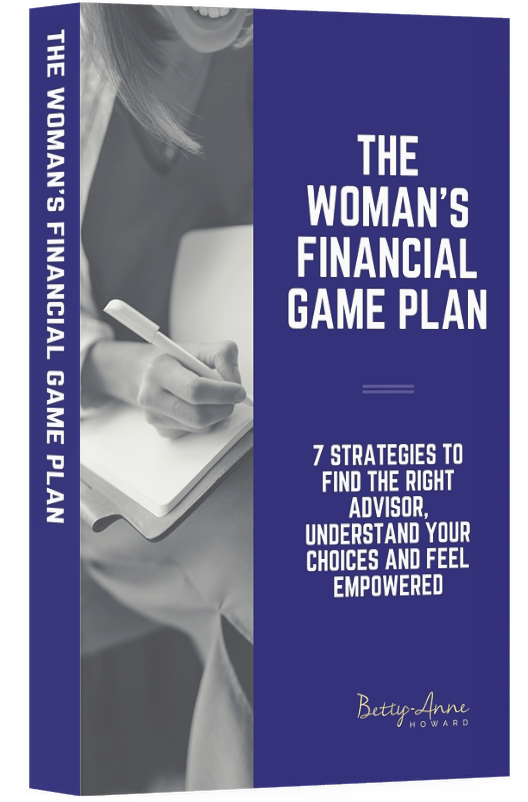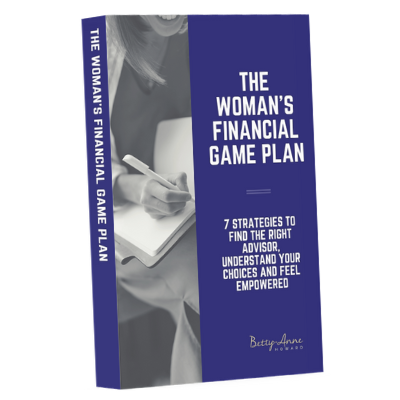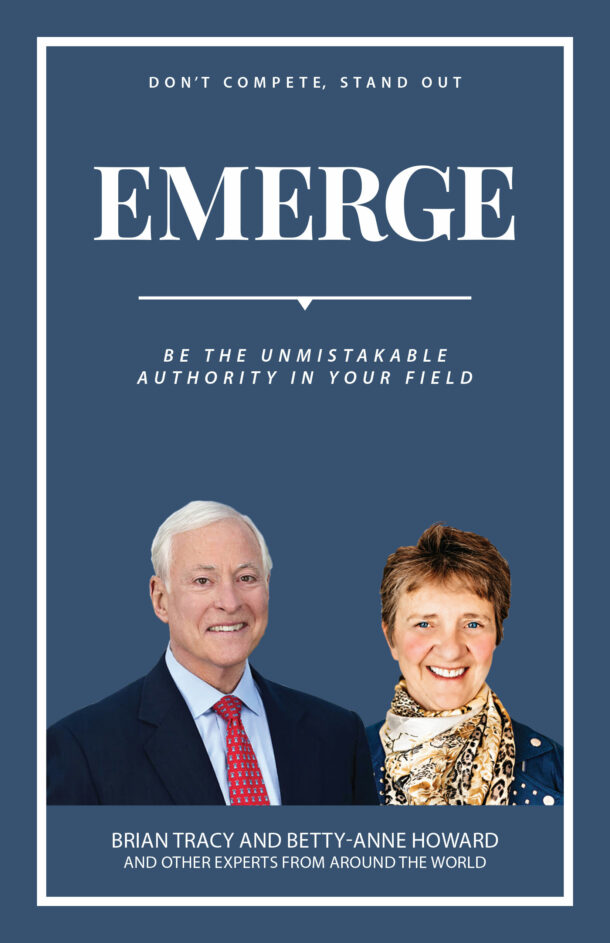
Settling the estate of a family member after their death is a difficult, yet important task.
For those who are already grieving the loss of a loved one, the process can be especially hard.
All too often, I hear of Canadians dying before they’ve had these conversations and their current will didn’t accurately reflect their wishes, if it even existed at all.
Ideally, some estate planning would have taken place prior to the deceased person’s death.
Have you talked about estate planning and estate settlement with your family?
As a financial planner, I regularly stress the importance of estate planning with my clients. I’ve also written extensively about this topic on my blog if you’d like to find out more.
When these conversations have already taken place, the process of estate settlement can become much more manageable. Another way to help the process go smoothly is to be sure you understand as much about it as you can.
That’s why I wrote this post for you.
Over the years, I’ve found that those responsible for estate settlement after the death of a loved one often don’t understand the process or what it entails.
If the deceased has named you as the estate representative/executor (terms vary by province) in their will prior to their death, hopefully, they had informed you of this ahead of time. But in some cases, estate executors are caught entirely off guard.
What is an estate representative or executor?
As the estate representative/executor, you’ll be responsible for managing and distributing the deceased’s estate.
You can probably imagine that this is often a time-consuming process.
Before accepting the role of estate representative, you’ll need to decide if this is a task you’re ready to take on.
According to the Government of Canada, you’re not required to fulfill the role of estate representative even if you’re listed as such in a will. If someone else is also listed, the responsibility could go to them if they choose to accept it.
When there isn’t another option in a will for an estate representative or a will does not exist in the first place, the responsibility of estate settling will depend on the provincial or territorial laws.
What is an estate executor responsible for?
If you take on the role of estate representative or executor, here are five of the key tasks for which you could be responsible.
1. Making funeral/burial arrangements
As an estate executor, one of your responsibilities could be making funeral and burial arrangements.
If they listed their wishes for these steps in their will, it can help make this step much easier.
To help you determine if your current will reflects your wishes for this step and much more, don’t miss this post.
If the deceased person does not have the funds to cover these funeral and burial expenses, it can fall upon you as the estate executor to cover them.
2. Identifying assets/liabilities
This step can entail reviewing income tax returns, as well as notifying the government of the deceased person’s death to stop benefits.
Another important part of this responsibility is getting in touch with the financial institutions with which the deceased worked with to get more information about the assets.
3. Administration and management of the estate.
Administration and management of an estate often starts by hiring a lawyer. It can also include insuring and securing estate property.
This task also includes getting in touch with beneficiaries of the will and notifying them of its contents.
4. Settling debts and other obligations of the estate.
Debts owed by the deceased are to be settled by the estate executor.
If the deceased’s assets don’t cover their debts, the financial responsibility can fall upon the executor, which is why careful consideration must be taken before accepting this role.
Some of the other obligations of the estate include filing final tax returns and paying any taxes left owing.
5. Distributing the estate.
Often considered the final step of estate settlement is distributing and dividing the assets of the estate to the beneficiaries.
To learn more about avoiding financial disagreements after death, which includes determining which beneficiaries get what or how much, click here.
Before you can begin any of these five steps, you may also need to have the will probated, which entails a court determining if the will is legally valid. The steps and costs for doing so can vary by province or territory.
These five steps for executors who are settling the estate of a loved one after their death are a good place to begin.
But remember, there can be so much more to the process that you might need to know.
That’s why you should reach out for legal and financial advice from lawyers and financial planners/accountants before taking any steps in the process of estate settling.
You don’t need to go through this alone!
Did you enjoy this article about estate settlement? Here are three more you might also enjoy:
Have you thought about what you want your legacy to be?
Who do you want to benefit from your money when you are no longer here?
Estate planning with your loved ones






0 Comments